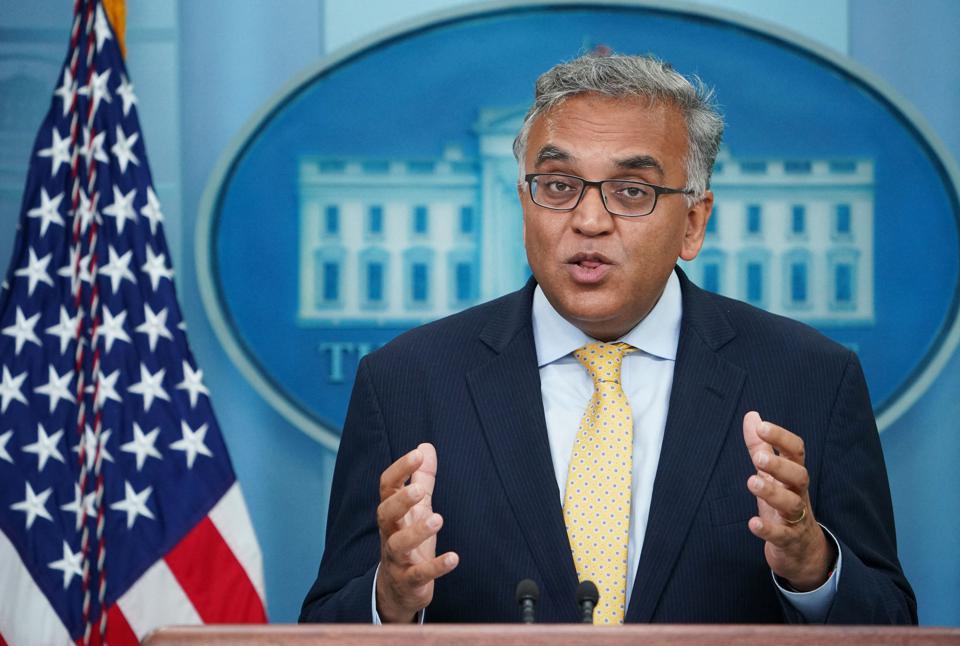
In August, the Biden Administration announced it will stop being the predominant purchaser of Covid-19 vaccines, treatments, and tests at some point this autumn, as it moves “beyond the crisis phase of the pandemic.” White House Covid-19 Response Team coordinator Dr. Ashish Jha said his “hope is that in 2023, you're going to see the commercialization of almost all of these products.”
One product that will not be impacted by this change in procurement policy is the updated Omicron BA.5-specific vaccine. The Biden Administration has signed purchase agreements for these vaccine doses. Therefore, these will still be available this autumn universally in the same way previous vaccines and boosters were.
Since the beginning of the Covid-19 pandemic the U.S. federal government has been the predominant purchaser of Covid-19 tests, vaccines, and treatments. By doing so, it made possible population-wide access to testing, vaccination, and treatments. But now that will end.
We caught a glimpse of things to come when in August, Eli Lilly announced it was about to begin “commercial sales” of its Covid-19 monoclonal antibody bebtelovimab. Previously, the treatment was sold to the federal government, which oversaw its distribution to states and pharmacies and guaranteed free usage to patients.
Fully reimbursed access to products like bebtelovimab will no longer be guaranteed to all. The uninsured will be the most affected by the change in policy, followed by the commercially insured. There will be mitigated impacts in the public sectors of Medicare and Medicaid.











